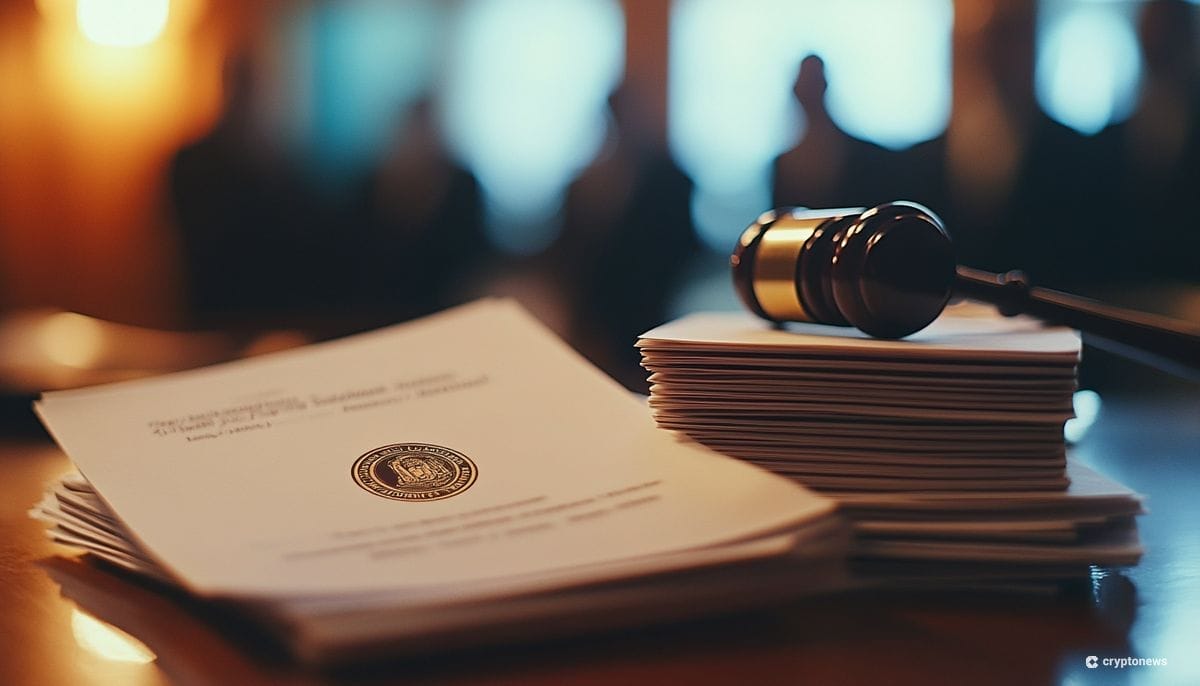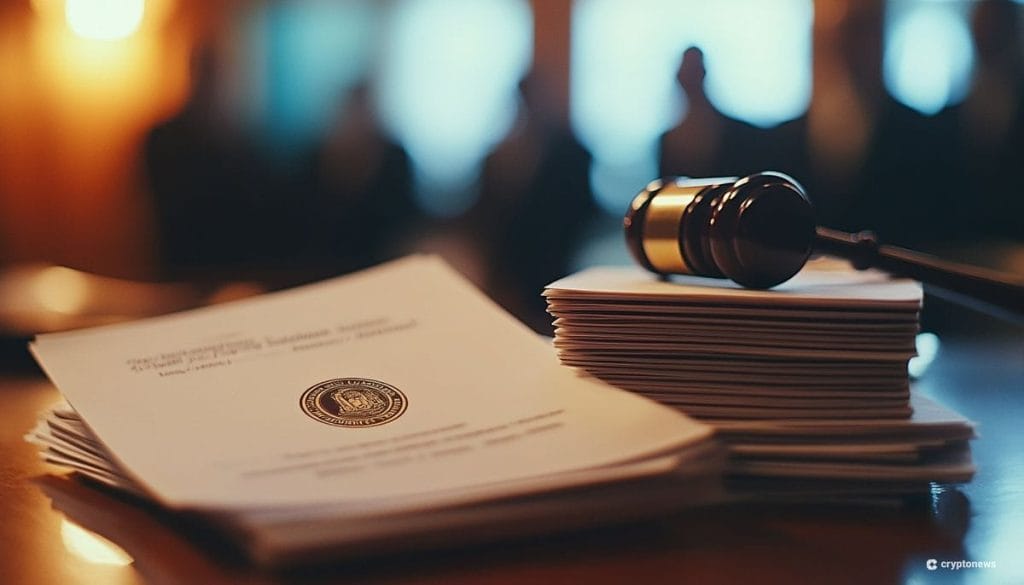Last updated:
 Why Trust Cryptonews
Why Trust Cryptonews

Bankrupt cryptocurrency exchange FTX has reached a settlement with Emergent Technologies, a company co-founded by Sam Bankman-Fried, over a dispute involving more than $600 million worth of Robinhood shares.
According to a recent court filing, FTX will pay Emergent $14 million to cover administrative expenses related to the withdrawal of its petition for 55 million Robinhood shares and cash.
The agreement, filed by FTX CEO John Ray III in a Delaware Bankruptcy Court, could help recover more funds for FTX’s creditors while avoiding the costs of prolonged litigation.
The deal is also expected to help Emergent swiftly conclude its own bankruptcy proceedings in Antigua.
In a declaration supporting the settlement, Ray stated that the agreement was the result of “good faith arm’s length negotiations,” ensuring no collusion between the parties.
Emergent Acquired 56M Robinhood Shares in 2022
Emergent acquired approximately 56 million Robinhood shares, valued at around $600 million, in May 2022 through an arrangement with Bankman-Fried and Alameda Research, the trading firm he founded.
Ownership of the Robinhood shares has been contested by multiple parties, including FTX, BlockFi, Bankman-Fried, and Emergent.
The shares were seized by the U.S. Department of Justice in January 2023, following the collapse of FTX in November 2022, and were later repurchased by Robinhood for about $606 million on September 1, 2023.
At the time, the DOJ said the “seized Assets constitute property involved in violations” of money laundering and could have been proceeds of violations of wire fraud.
Emergent, which filed for Chapter 11 bankruptcy in February 2023, is expected to resolve its case following the settlement.
A hearing on the motion is scheduled for October 22.
SEC Could Challenge FTX’s Stablecoin-Denominated Repayments Plan
Last week, the SEC warned that it may challenge the repayment plan of FTX if the plan involves returning funds to creditors using stablecoins.
SEC attorneys indicated that while repaying creditors with stablecoins might not be outright illegal, the agency reserves the right to contest such repayments if they involve US-dollar pegged crypto assets.
FTX has considered several strategies to make creditors whole, including a shelved plan to revive the exchange.
The latest proposal from FTX involves liquidating assets and settling claims based on the U.S. dollar value of those assets at the time of the exchange’s bankruptcy.
Creditors would be repaid in cash or stablecoins under this plan.
Meanwhile, the SEC has been facing growing criticism due to its “regulation-by-enforcement” approach to the crypto industry.
Critics argue that the SEC has failed to establish a clear regulatory framework for cryptocurrencies, opting instead to pursue legal action against key industry players.
As reported, a coalition of seven U.S. states has come together to challenge the Securities and Exchange Commission’s (SEC) regulation of cryptocurrency.
















